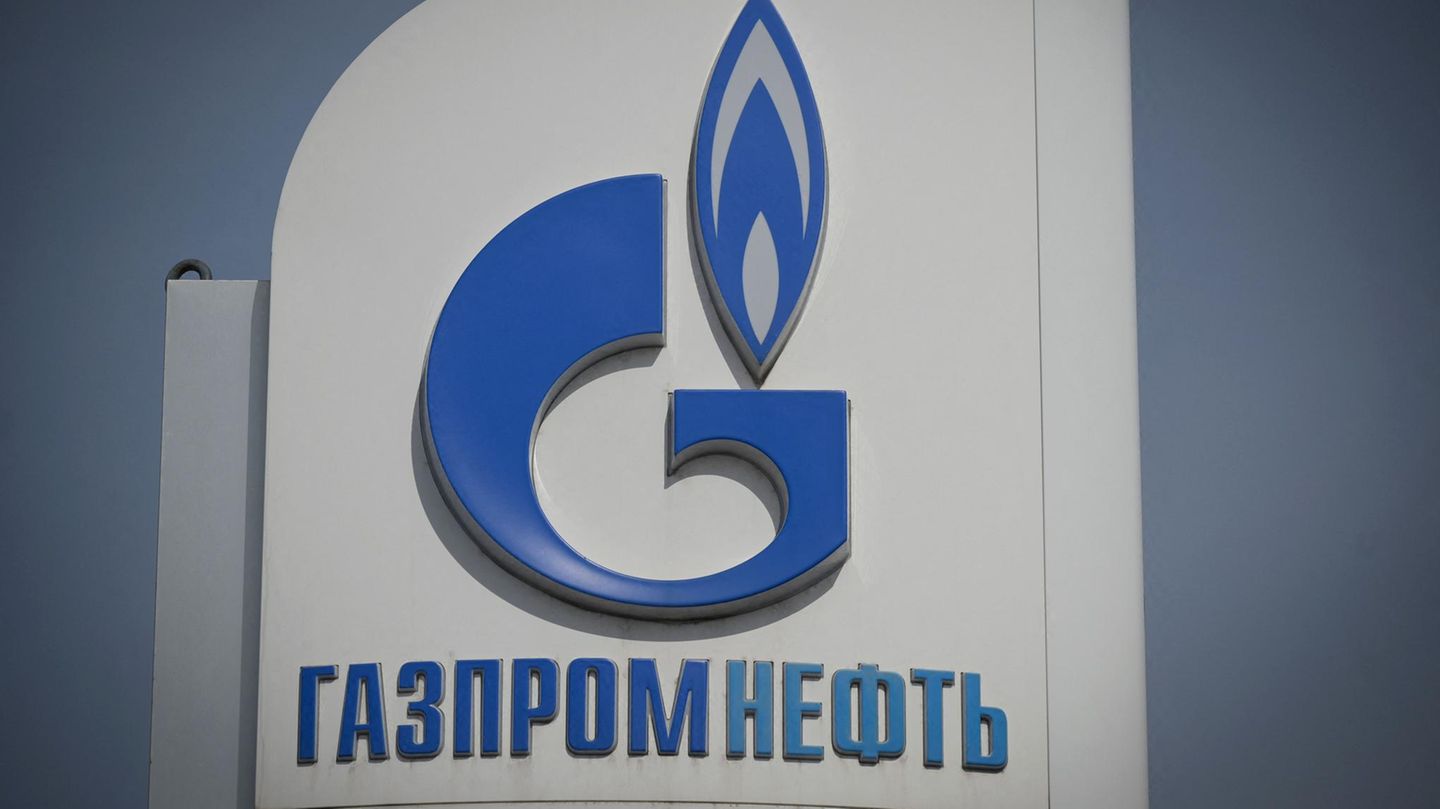“The gas supply in Germany is stable,” it said after the news from Ukraine that the country was curbing supplies to Europe. Less Russian gas has flowed west since Wednesday morning. What does this mean for us?
Less gas has flowed to Europe since Wednesday morning. Due to the war, Ukraine no longer directs the precious raw material through the Luhansk region to the west. The Russian gas company Gazprom said that 72 million cubic meters of gas should flow through Ukraine on Wednesday, around a quarter less than the day before. Apparently, this has not yet had a major impact on gas supplies in Western Europe. An overview.
Is there actually less Russian gas flowing to Europe now than before?
Yes. The gas transported through the Ukraine arrives in Waidhaus, Bavaria, among other places. The Federal Network Agency explained that a good quarter less gas arrives there than the day before.
Will the lack of gas lead to a bottleneck on the European gas market?
no “These amounts are currently being offset by higher flows, especially from Norway and the Netherlands,” says the authority. The gas market compensated for the shortfalls independently, said an insider from the gas industry.
Have gas prices gone up?
Not until Wednesday afternoon. In gas wholesale, prices even fell slightly. At the important Dutch trading point TTF, the price for a megawatt hour for natural gas to be delivered in June was EUR 95.30 in the early afternoon. The day before it had been EUR 98.80. For comparison: A year earlier, a megawatt hour there cost almost 20 euros, on March 7, 2022, almost two weeks after the start of the Russian war of aggression in Ukraine, almost 211 euros. On Wednesday morning, however, the wholesale price had temporarily climbed to over 100 euros.
What does the reduction in gas transit volume mean for household customers?
Even if wholesale prices have not risen so far, the energy expert at the NRW consumer advice center, Udo Sieverding, expects the markets to become increasingly nervous. Consumers should be prepared for further increases in gas prices. Not all utilities would have passed on the wholesale prices in full or would need another wave of price increases. “It remains the same: save energy as much as you can, and use the summer for energy efficiency measures,” he advised.
The energy supplier Eon also does not expect end customer prices to rise immediately. “In the short term, the partial cessation of gas transport through Ukraine will not have any directly noticeable impact on our customers’ prices,” said a company spokesman. It remains to be seen what the long-term consequences will be. Eon assumes that the massive increases in procurement prices for energy will also affect end customer prices in the long term. In the long term, no provider can escape this development, he said. “There is much to suggest that prices on the wholesale markets will remain high for a long time.”
How do experts assess the reduction in transit volumes?
“It was only a matter of time before Ukraine partially stopped gas transit to Europe due to the war,” says energy economist Claudia Kemfert from the German Institute for Economic Research (DIW). This has no direct impact on the security of supply in Germany. “The reservoirs can also be sufficiently filled by next winter, as planned,” she is convinced. She expects the wholesale market prices to continue to rise, so that the gas bills for end customers are likely to continue to rise as a result.
Source: Stern
David William is a talented author who has made a name for himself in the world of writing. He is a professional author who writes on a wide range of topics, from general interest to opinion news. David is currently working as a writer at 24 hours worlds where he brings his unique perspective and in-depth research to his articles, making them both informative and engaging.




